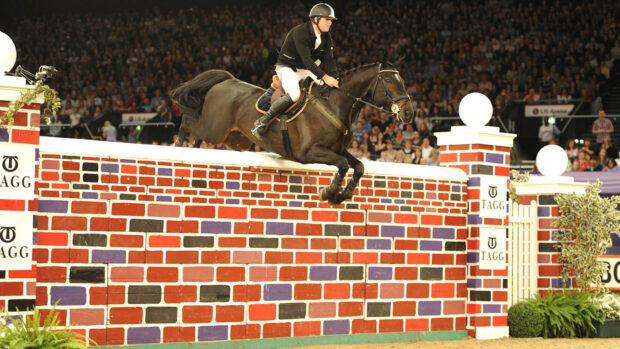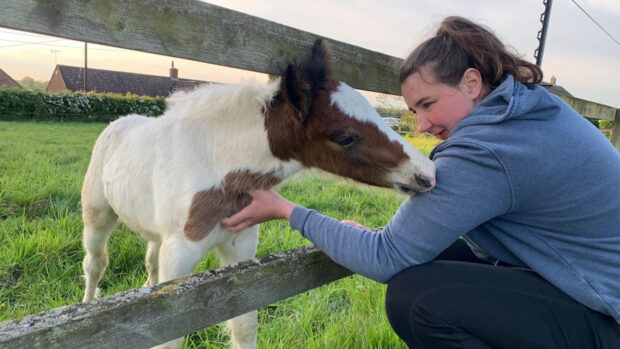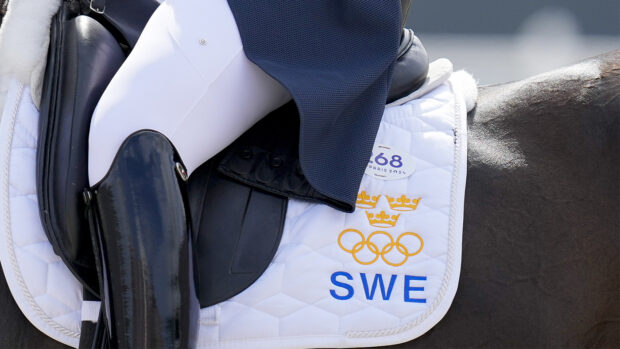The BHS has reported that it has received disturbing evidence that horses have died from severe colic after swallowing so called “stable treats”.
The molasses blocks are designed to be put in a horse’s stable, for horses to lick on an occasional basis. When eaten in quantity the molasses may impact food in the gut and cause a blockage.
The BHS is recommending that owners should only use these products when they are placed in a suitable container that cannot be opened by the horse.
Ideally, there should be only a small area of the block accessible encouraging the horse to lick rather than bite and chew. Blocks should not be left loose in the feed mange or on the floor of the stable.
Kerstin Alford of the BHS welfare department said: “A horse that is fed a properly balanced diet, designed for the type of animal and the work it is doing, should not need supplements. However, horse treats are useful in providing amusement for the stabled horse. As such it makes more sense to use them on an occasional basis, rather than all the time. They should always be placed in a suitable container.
“They are meant to be licked, not eaten, but unfortunately horses cannot read the instructions. The deaths of these horses is a tragedy for the owners concerned, and we are desperately anxious that the message gets out to horseowners so that this type of appalling accident does not happen to anyone else.”
Alison Jarman, product manager of Horslyx, who claim to be the only company producing a “lick” which is cooked rather than hardened using chemicals and therefore is proven as quite safe, says: “Our company, Caltech, always test our products thoroughly before going into production and as horse owners ourselves, the welfare of equines is of uttermost importance.
“Horslyx, is manufactured by a patented process and it melts into a liquid form at 30 degrees centigrade. A horse’s normal body temperature is 38 degress centigrade, therefore a chunk of Horslyx eaten will always dissolve and as such, never be able cause an impaction. “
The company ask any horseowners who are concerned to contact their helpline (tel: 01697 332592 )



